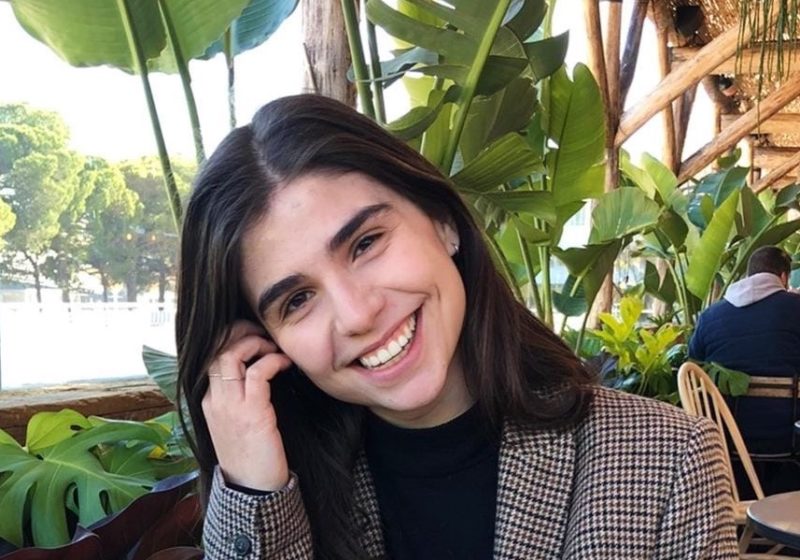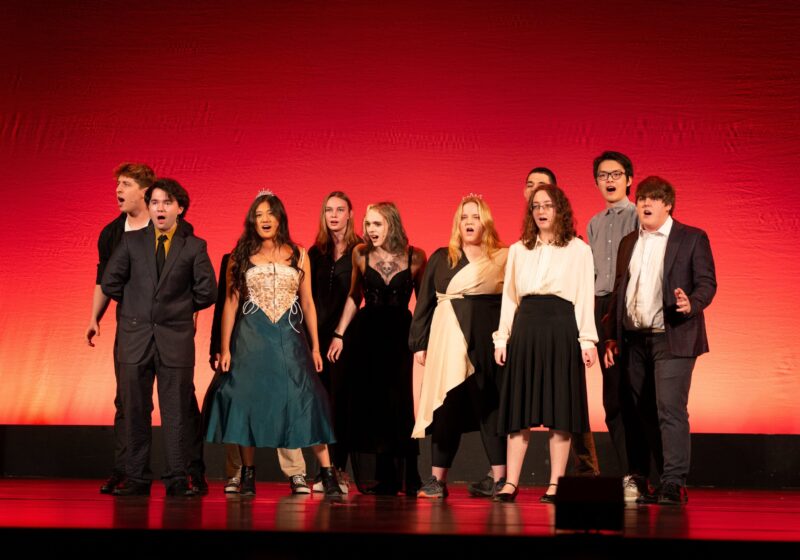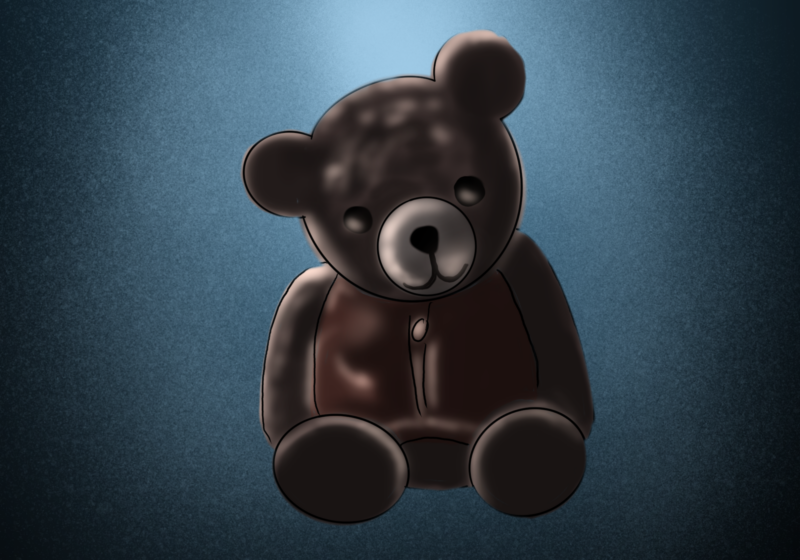Leonor Teles is a senior majoring in Biomedical Engineering with a minor in Chemical Engineering. “Originally when I joined the [University], I was going to pursue a degree in molecular genetics,” she said. “Then, I took some [engineering] courses and immediately switched over to [Biomedical Engineering].”
Teles, a DAAD Rise Scholar, has served as co-president of GlobeMed and is also a member of Engineers without Borders, a humanitarian organization that is committed to partnering with communities worldwide in order to improve their quality of life.
In January 2020, Teles went to the Dominican Republic and worked with a team of UR student engineers to expand a school’s water-pumping system due to abundant chloroform (a chemical compound that has deleterious effects if consumed).
“In previous years, the UR team implemented solar panels, so that […] the whole water system would still be running even though they had a lot of [electricity] shortages in the community,” she explained. “Also, we have developed the water chlorination system to provide access to safe, clean drinking water.” She added that the team regularly checks the water to make sure the system is still working properly.
Currently, Teles works in the Computational Fluid Dynamics (CFD) Research Group supervised by Dr. Foster, through the Chemical Engineering department. The CFD Research Group is interested in using fluid mechanics, heat transfer, and mass transfer to solve engineering problems across a range of scientific fields, in everything from healthcare to the environment.
Teles and her team use CFD techniques to see if they can model fluid flow in the carotid artery to predict a stroke from a patient’s carotid CT scan. Advanced computer algorithms solve the Navier-Stokes equation (partial differential equations that describe the motion of viscous fluid substances in fluid flow) simultaneously in every single cell of the object that you’re doing simulations on.
“We get real patient data from patients that have gone to the ER just in general visits [to] the Medical Center, and so we collaborate with [surgeons], because clinical research is a whole different thing,” Teles said.
When asked how COVID-19 and had impacted her research work and academic studies, she expressed how mass cancellations and the sudden change had left her overwhelmed at first.
“[UR] was very supportive, and they allowed students to apply for funding for remote research,” Teles said. “To develop a pulsatile flow model, I wanted to learn C++ from scratch in one summer. Then, I got really overwhelmed with research papers and just realized that research takes so much time — even computational research — because you can’t get your results immediately. Sometimes, it was challenging to figure out where to start.”
After graduating from UR, Teles plans to pursue a graduate degree at the University of Miami and obtain a Ph.D. in Biomedical Engineering. When asked about advice she would give to students pursuing research, Teles highlighted her favorite part of research. “99% of research is failure. It’s fine to mess up or to adapt the way you are learning.”







